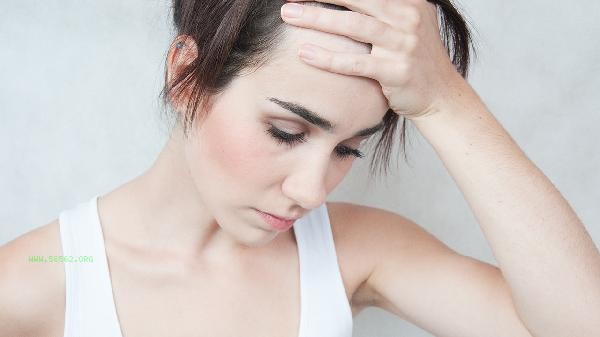Women generally enter menopause between the ages of 45-55, which is influenced by various factors such as genetic factors, ovarian function, lifestyle, disease, and environmental factors.

1. Genetic factors
The menopausal age of the mother or sisters has significant reference value for individuals. If there are cases of premature menopause among immediate family members, women may experience ovarian dysfunction earlier. Family history investigation can serve as an important basis for predicting menopausal time, but it is not an absolute standard.
2. Ovarian Function
The number of ovarian reserve follicles determines the onset time of menopause. Individuals with a lower number of congenital follicles may face follicular depletion earlier, while those with polycystic ovary syndrome may delay menopause. Regular monitoring of anti Mullerian hormone levels can help evaluate ovarian reserve function.
3. Lifestyle
Long term smoking can accelerate follicular atresia and lead to early menopause, while regular exercise and balanced diet may delay ovarian aging. Women who are underweight may experience menopausal symptoms earlier due to insufficient estrogen levels, and moderate fat reserves have a protective effect on maintaining hormone balance.

4. Disease impact
Endometriosis, autoimmune diseases, etc. may damage ovarian tissue. Cancer radiotherapy and chemotherapy can directly damage follicular cells, and pelvic surgery may also affect ovarian blood supply. These pathological factors can lead to the early occurrence of iatrogenic menopause.
5. Environmental factors
Long term exposure to pesticides, heavy metals, and other environmental pollutants may interfere with endocrine function. Continuous stimulation of the hypothalamic pituitary ovarian axis under high stress may cause some professional women to experience premature menopausal symptoms. Menopause is a natural physiological transition stage for women. It is recommended to engage in aerobic exercise 3-5 times a week in conjunction with strength training, consume 300 grams of dark vegetables daily to supplement with plant estrogen, and prioritize high-quality protein sources such as soy products and deep-sea fish. When typical symptoms such as hot flashes and night sweats occur, meditation breathing training can be attempted. In severe cases, medical attention should be sought to evaluate the necessity of hormone replacement therapy. Regular bone density testing and blood lipid screening can help prevent osteoporosis and cardiovascular disease risk.





Comments (0)
Leave a Comment
No comments yet
Be the first to share your thoughts!